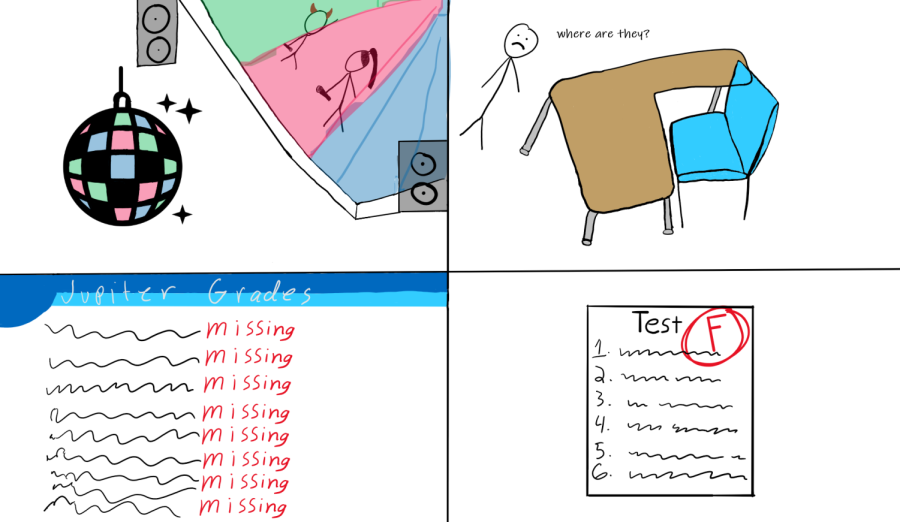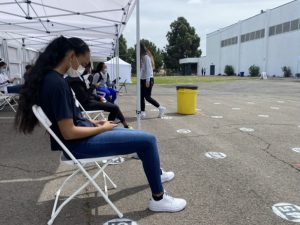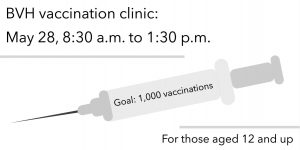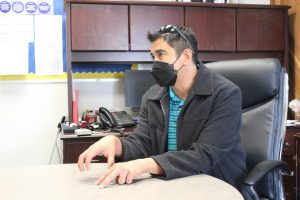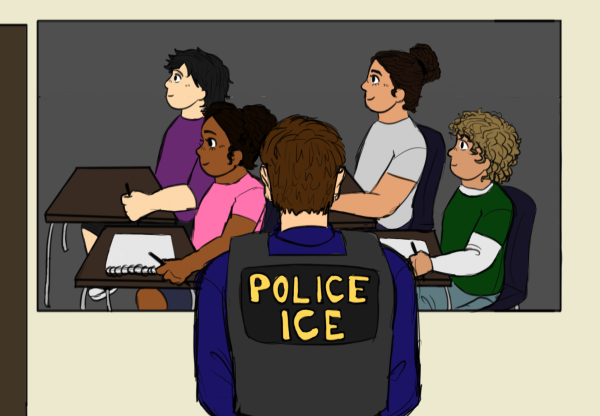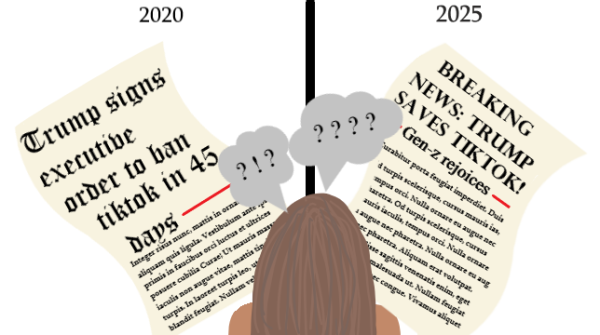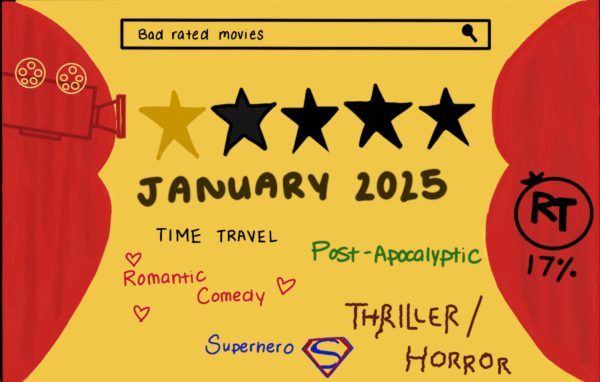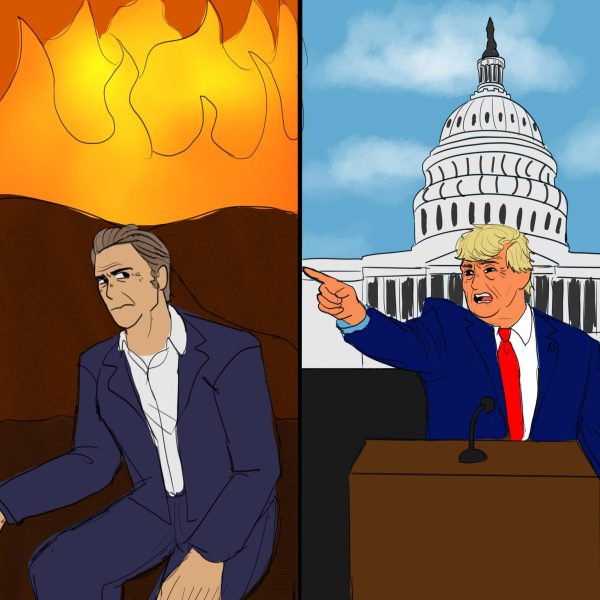BVH students shouldn’t attend concerts during the COVID-19 pandemic
After the concert, student’s absences result in failure to keep up with school work and as a result, grades drop dramatically. The exposure to developing COVID-19 increases as they attend the concert.
Dim lights, loud music and a sea of people desperately waiting for their favorite artist to arrive on stage. Conversations among eager fans flood the stadium and excitement rushes through the crowd as the energy gradually increases.
With upcoming concerts like ones from Coldplay, BTS and Doja Cat, more and more people are purchasing tickets to see their favorite artists in person. The popularity of these artists brings people in from all over the country.
Surrounded by hundreds of strangers, students who attend these concerts have the high possibility of being exposed to an individual with COVID-19. Typically, concert venues become so packed that people tend to lose sense of their spatial awareness. Getting lost in the moment, whether it is by dancing or singing, people can easily invade someone’s personal space.
With COVID-19 still a prevalent health risk, masks are heavily reinforced at Bonita Vista High (BVH). Without these reinforcements outside of school, due to mask regulations lifted in some areas, students aren’t held accountable for not wearing masks off-campus at concert venues.
Immersed in the concert atmosphere, these students may feel the need to take off their mask. Even though it is required to wear masks at concerts, it is hard to mandate this rule with so many people. According to “Use Masks to Slow the Spread of COVID-19” by the CDC, not wearing masks increases the risk of transmitting the virus exponentially, especially in such a large and compact crowd. The combination of poor social distancing and lack of consistent mask wearing decreases the safety of concert attendees, including BVH students who attend.
Upon BVH’s students return to school, they are at risk of furthering the spread of the COVID-19 virus. If they were to have come into contact with someone carrying the virus at the venue, they would not only put their own health at risk, but also the health of their classmates.
After the concert and exiting the venue, the feeling of post concert depression can immediately overtake an individual’s emotions, according to “The 9 Phases of Post-Concert Depression” written by Cassie Whitt. The realization that they may never see the artist again slowly turns into emotional attachment to the event. Other obligations seem unimportant, as their thoughts become occupied with memories of the concert. At this rate, responsibilities disguised as school assignments are bound to slip their mind.
Furthermore, as most concerts begin later in the day and last more than a few hours, they can cut late into the night. By the time the concert ends, it could be anywhere from 10:00pm-12:00am. With limited venues in the city of Chula Vista, it’s highly likely that students attending these concerts are planning to stay at a hotel near the location or drive the long distance.
Driving home from the concert that is located far away and attending school the next day can be a hassle. Transportation would be a big issue with concerts usually located in Los Angeles, for example. A two hour drive doesn’t seem like the best option, especially if the student has school the following day.
Some BVH students would rather miss a day of school than drive home early in the morning or late at night. Even if this absence is only for a day, students risk the chance of missing classwork and therefore can get behind on homework.
Before students confirm their attendance to their favorite artist’s concert, they need to consider the sacrifices of having one night of fun, which not only includes their personal health and individual schoolwork but also the health of their peers.
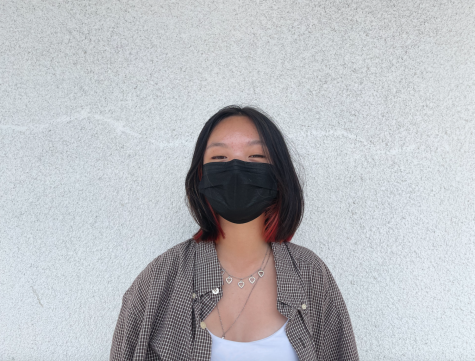
Hello! I am a senior at Bonita Vista High School and this is my first year on staff. I am the Features Copy-Editor for The Crusader and I intend on improving...
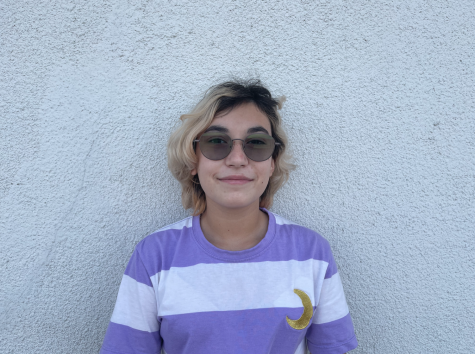
Hi, my name is Adrian Pereira. I am a freshman here and this is my first year on staff. I am one of the staff writers for the crusader, and I am also a...

